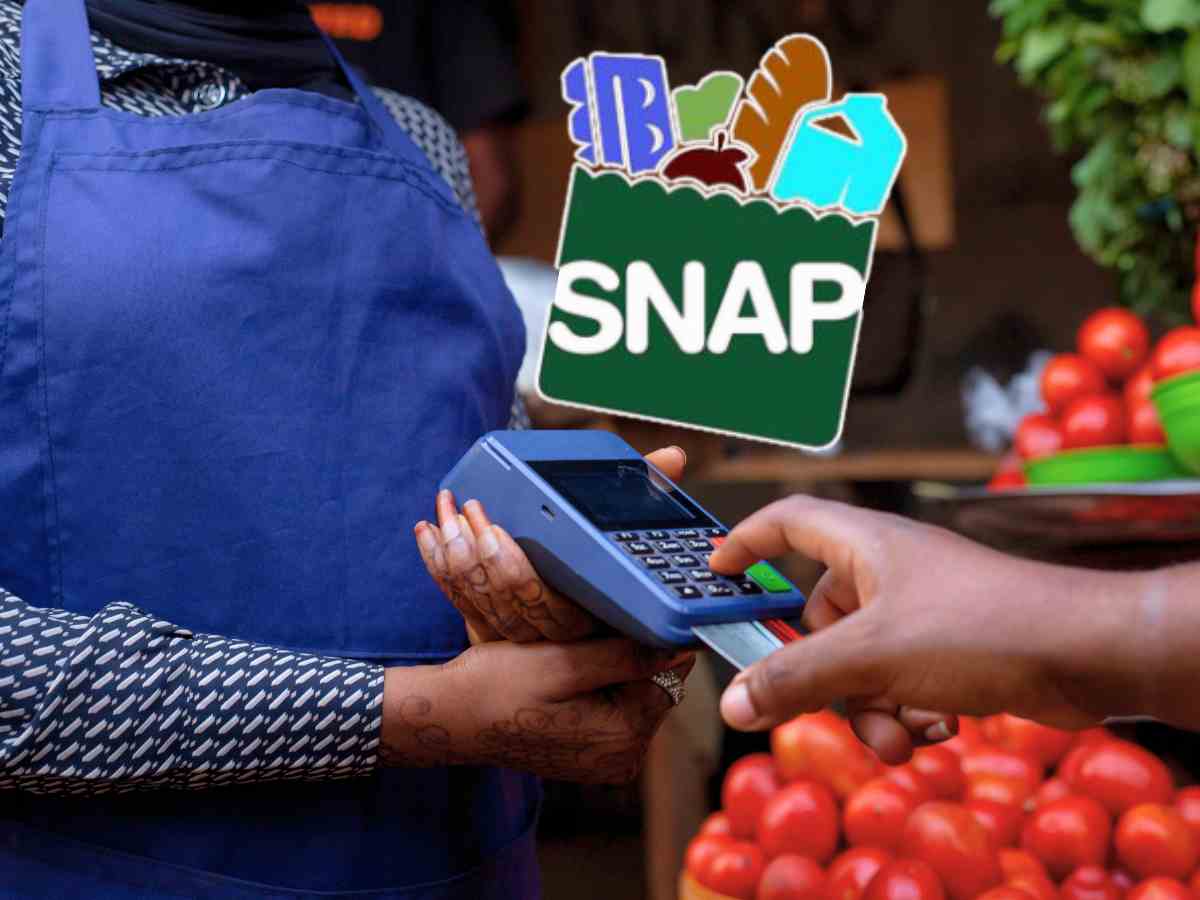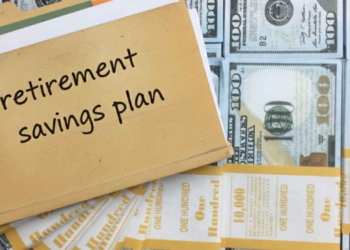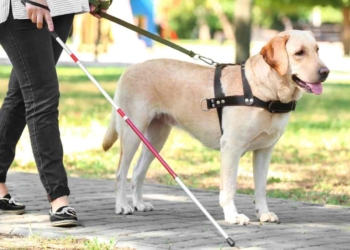The most common family size in the United States is two people. They can receive from the SNAP benefit up to $536. If you are an individual, and you qualify for Food Stamps, you can receive from USDA up to $292. Take into account that these maximum amounts are for citizens living in the 48 contiguous States and the District of Columbia.
A family of four can receive up to $975 in April. These maximum amounts will remain unchanged until September 30, 2025. What is more, not all recipients qualify for SNAP benefits, so average payments may be more realistic for citizens to have an idea of what Food Stamps may pay. On average, 1 person can receive about $199, 2 about $364, 3 about $594 and 4 approximately $726.
SNAP paydays from April 16 onward
If you have not collected the Supplemental Nutrition Assistance Program benefits yet, you can check all the remaining paydays in April. After these payments through the 28th, there will be more Food Stamps on May 1.
- Alabama: April 4 to 23
- Delaware: April 2 to 23
- Florida: April 1 to 28
- Georgia: April 5 to 23
- Indiana: April 5 to 23
- Kentucky: April 1 to 19
- Louisiana: April 1 to 23
- Maryland: April 4 to 23
- Michigan: April 3 to 21
- Mississippi: April 4 to 21
- Missouri: April 1 to 22
- New Mexico: April 1 to 20
- North Carolina: April 3 to 21
- Ohio: April 2 to 20
- Tennessee: April 1 to 20
- Texas: April 1 to 28
- Washington: April 1 to 20
- Puerto Rico: April 4 to 22
In total, 17 States have not finished delivering SNAP benefits in April. If you have already collected your Food Stamps, check the May payment schedule for the States that have already reloaded all the EBT cards in April.
SNAP payments if you got the April Food Stamps
In this case, the maximum SNAP amounts are higher if you live in the State of Alaska and Hawaii. What is more, the United States Virgin Islands and Guam also have higher benefits. The reason why payments are higher in these places is inflation and cost of living there. Recipients need more money to buy the same things.
Alaska: May 1
Arizona: May 1 to 13
Arkansas: May 4 to 13
California: May 1 to 10
Colorado: May 1 to 10
Connecticut: May 1 to 3
Hawaii: May 3 to 5
Idaho: May 1 to 10
Illinois: May 1 to 10
Iowa: May 1 to 10
Kansas: May 1 to 10
Maine: May 10 to 14
Massachusetts: May 1 to 14
Minnesota: May 4 to 13
Montana: May 2 to 6
Nebraska: May 1 to 5
Nevada: May 1 to 10
New Hampshire: May 5
New Jersey: May 1 to 5
New York: May 1 to 9
North Dakota: May 1
Oklahoma: May 1 to 10
Oregon: May 1 to 9
Pennsylvania: Over the first ten working days in May 2025
Rhode Island: May 1
South Carolina: May 1 to 10
South Dakota: May 10
Utah: May 5, 11 and 15
Vermont: May 1
Virginia: May 1 to 7
West Virginia: May 1 to 9
Wisconsin: May 1 to 15
Wyoming: May 1 to 4
Guam: May 1 to 10
The District of Columbia: May 1 to 10
The U.S. Virgin Islands: May 1
Those low-income citizens who are not currently receiving Supplemental Nutrition Assistance Program benefits should apply as soon as possible. If you qualify, you may get benefits within 30 days.







